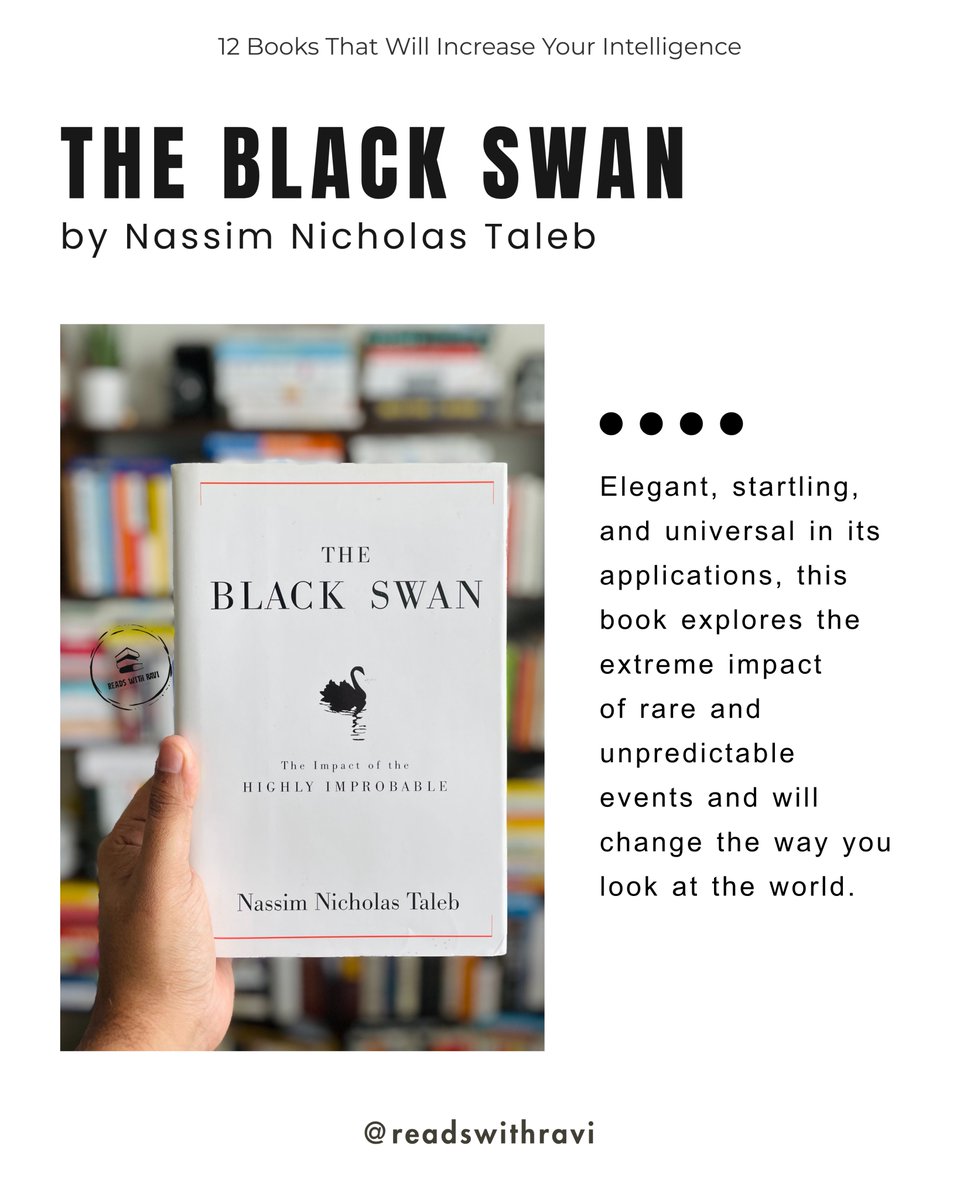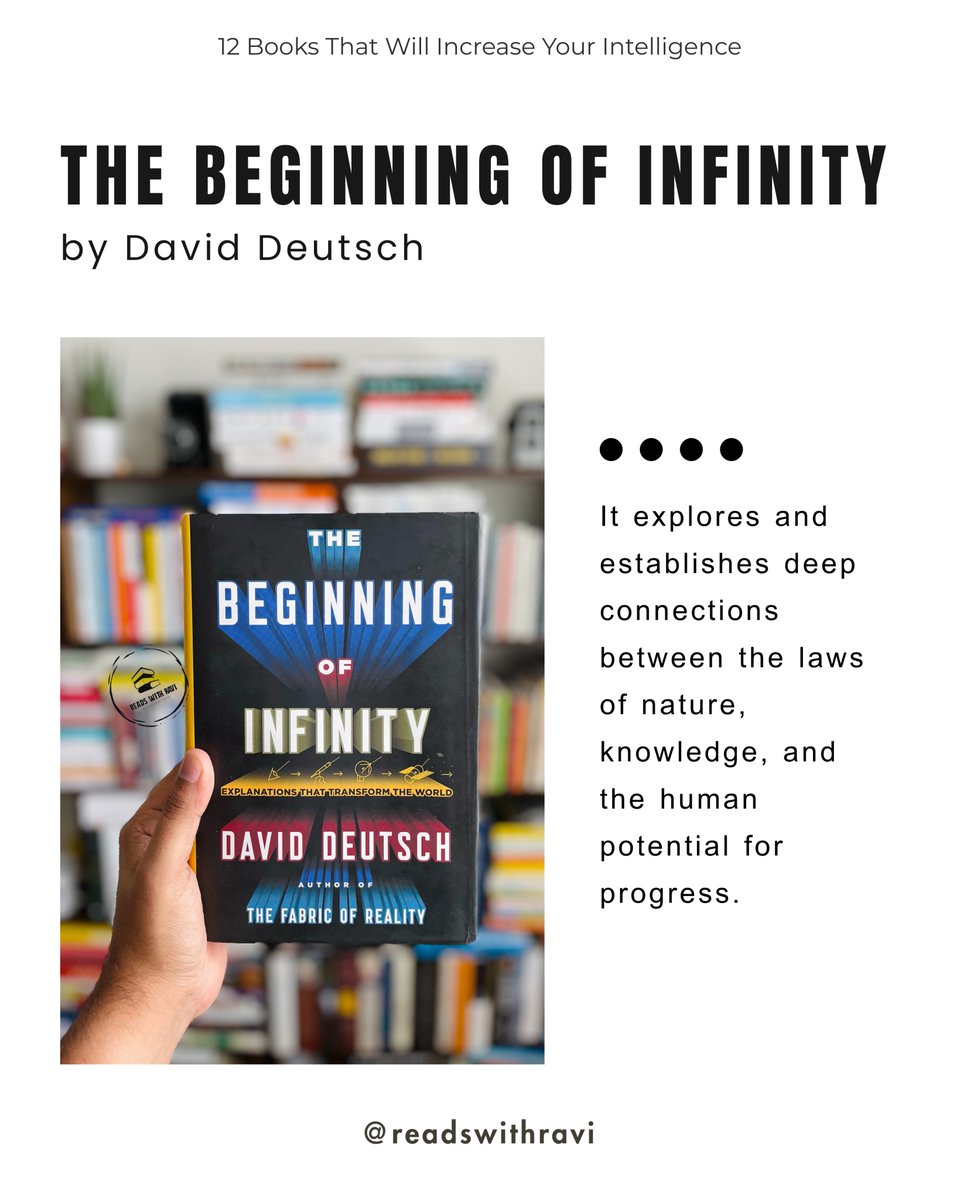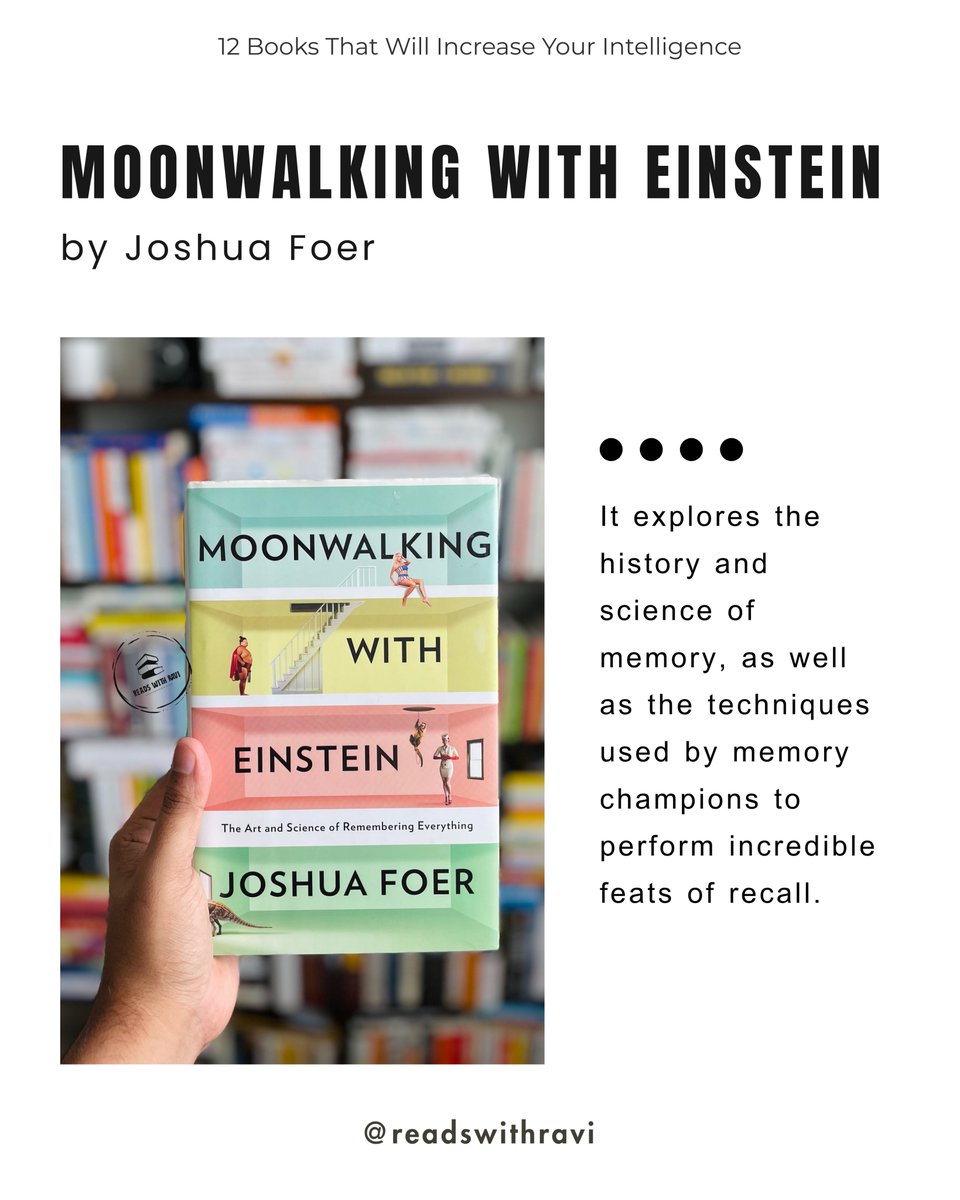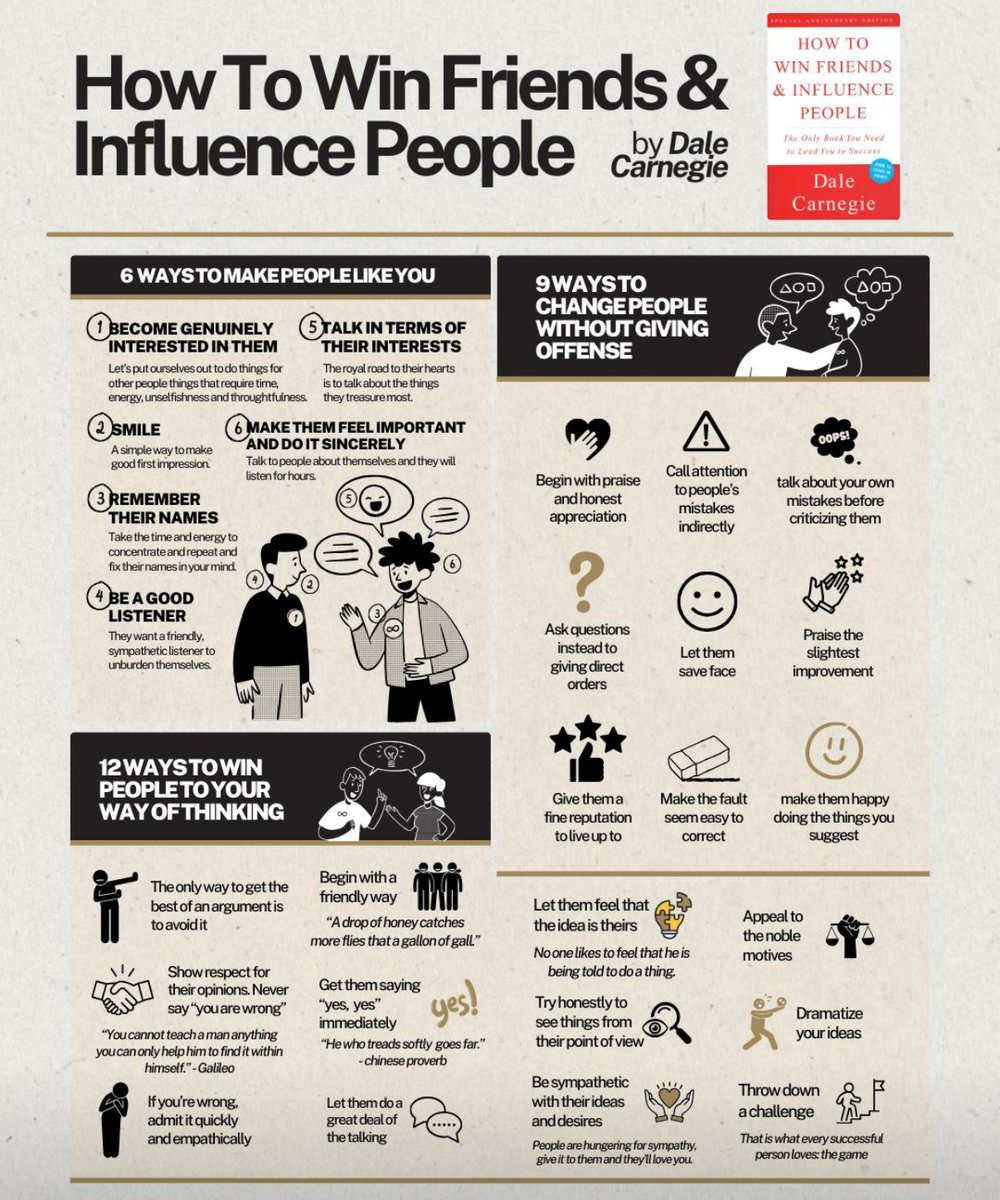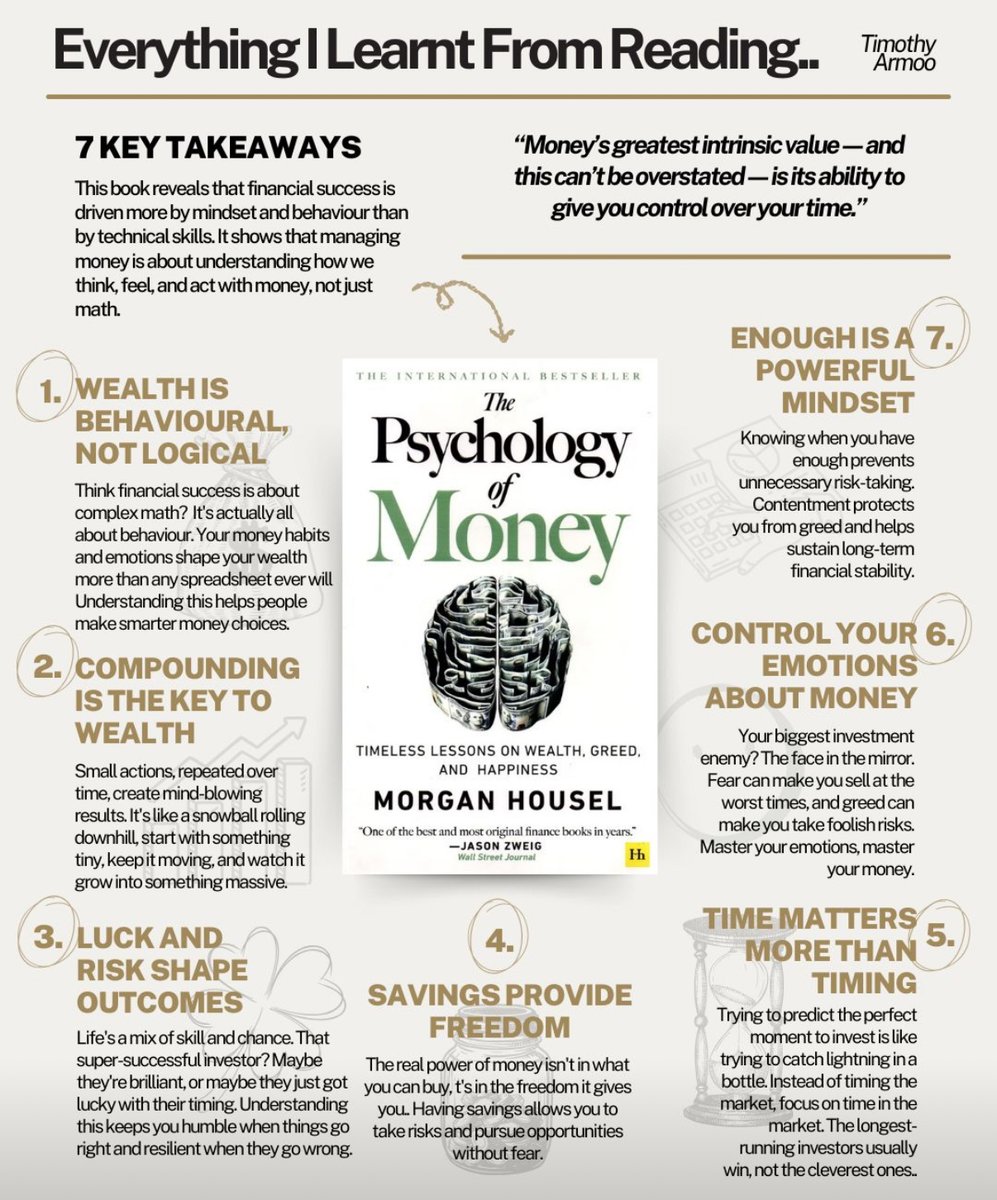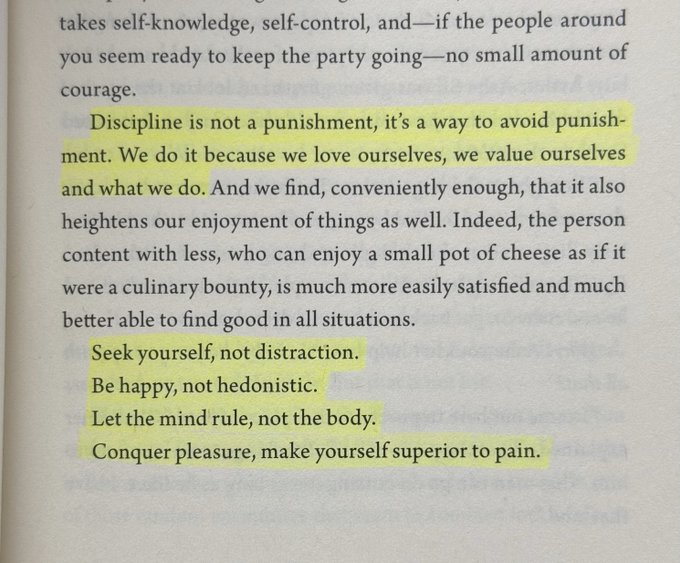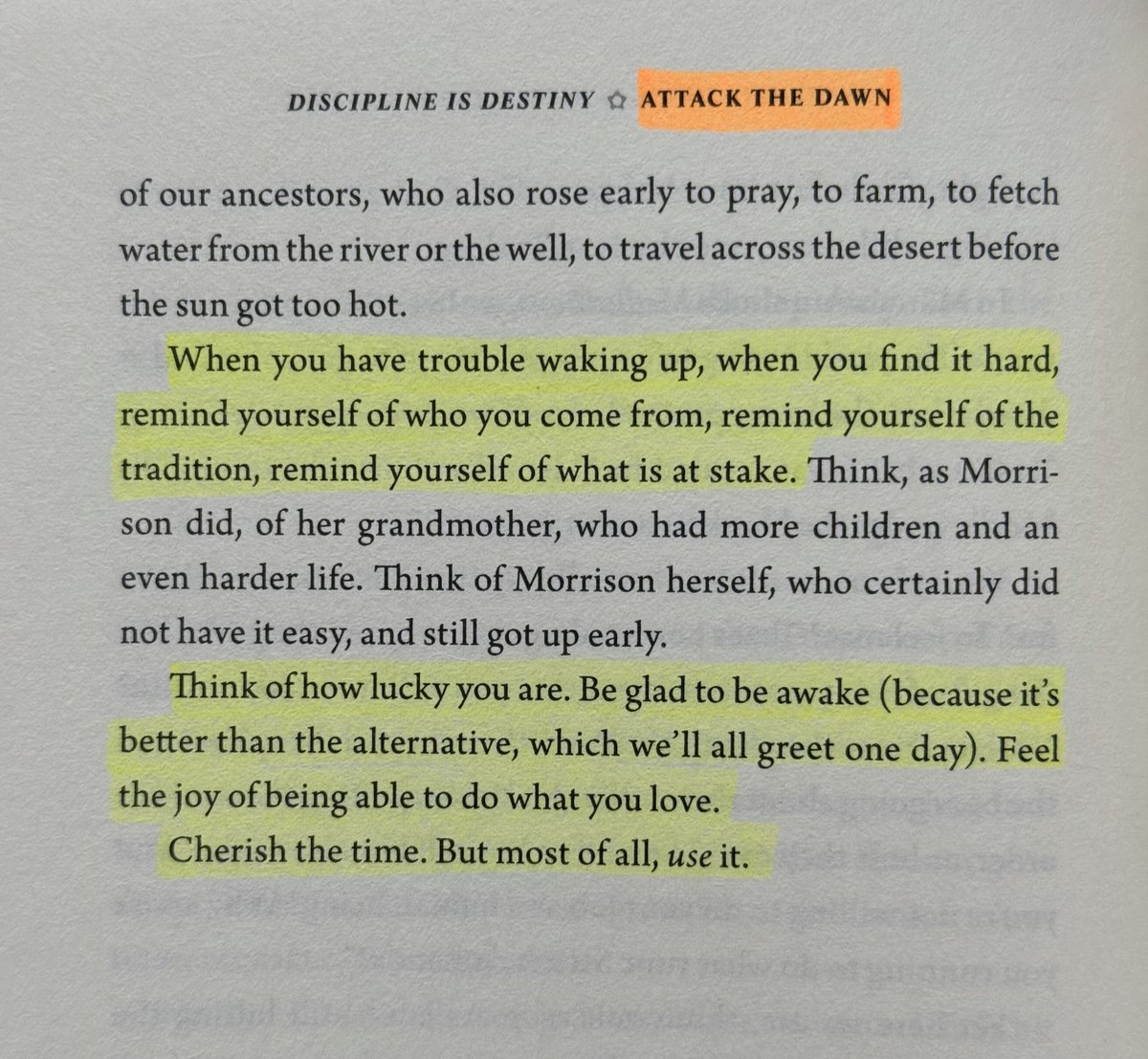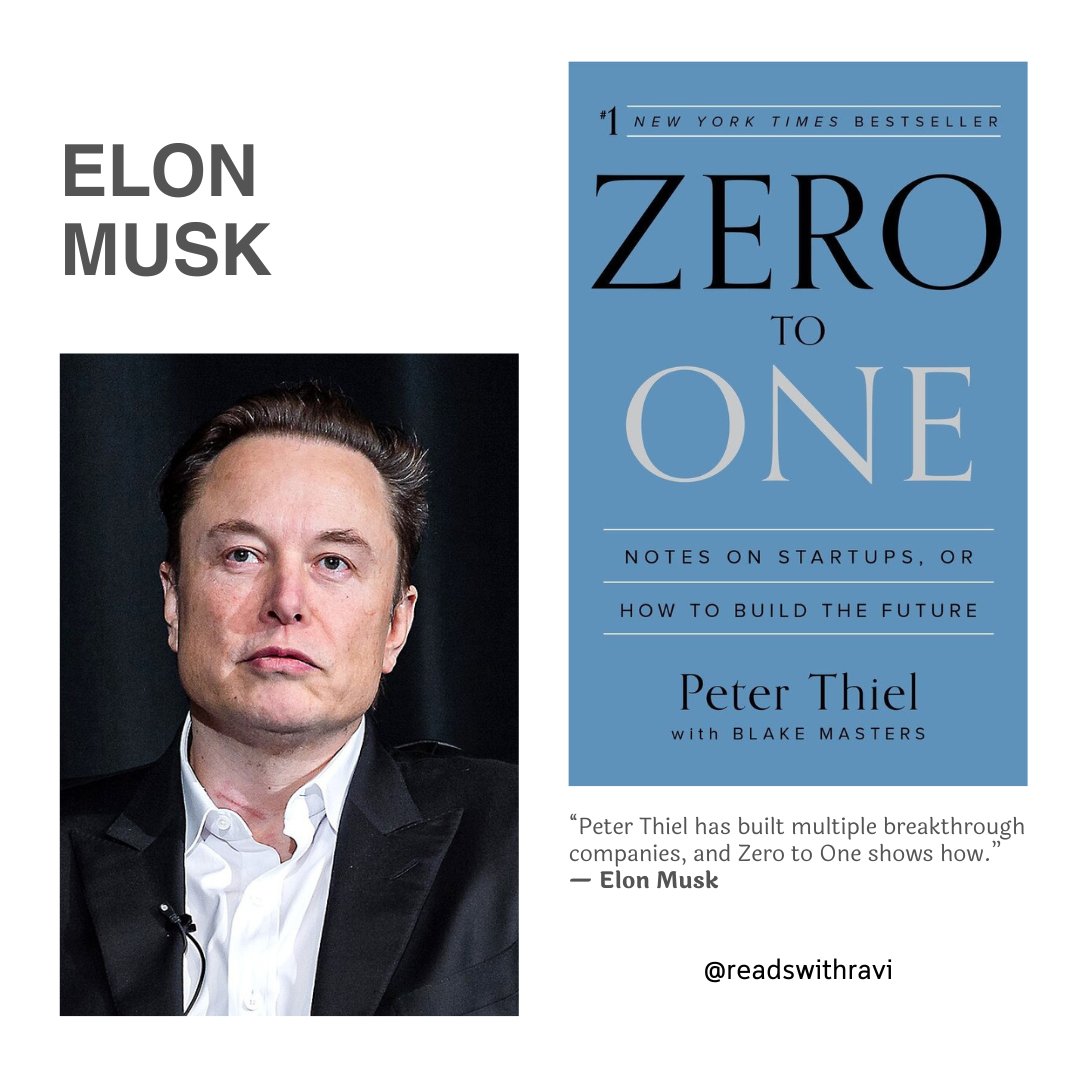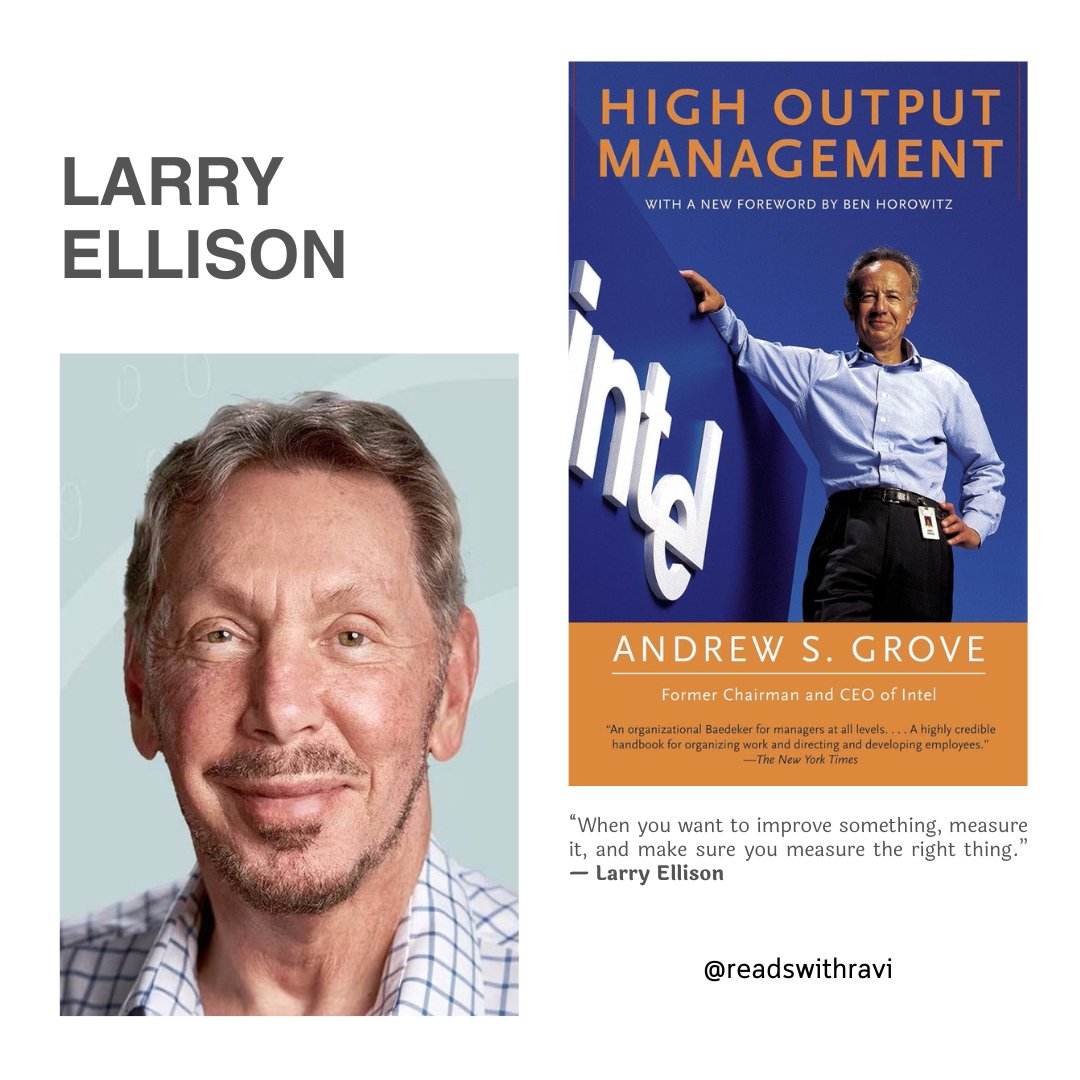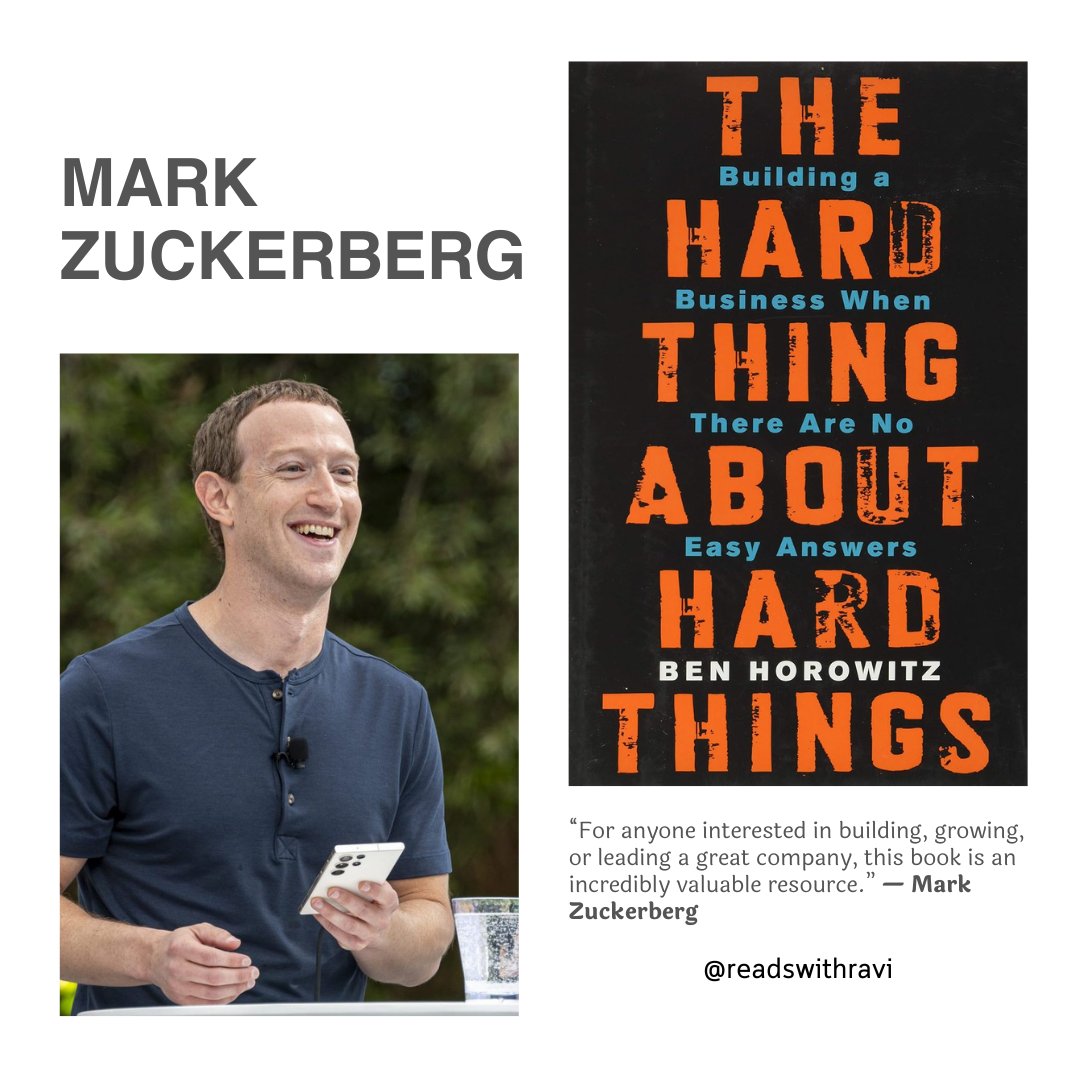“Beyond Order by Dr. Jordan B. Peterson”
In this book, Dr. Peterson offers further guidance and perspective with 12 more rules on how to navigate the complexities of modern life. Very insightful and full of practical, actionable advice and wisdom.
12 lessons from the book 🧵
In this book, Dr. Peterson offers further guidance and perspective with 12 more rules on how to navigate the complexities of modern life. Very insightful and full of practical, actionable advice and wisdom.
12 lessons from the book 🧵

1) People remain mentally healthy not merely because of the integrity of their own minds, but because they are constantly being reminded how to think, act, and speak by those around them.
2) The true winner of any game is the person who plays fair. This is because playing fair is a higher-order accomplishment than mere victory.
Striving to play fair following the spirit of the rules is an indication of true personality development.
Striving to play fair following the spirit of the rules is an indication of true personality development.
3) Success at a given endeavor often means trying, falling short, recalibrating (with the new knowledge generated painfully by the failure), and then trying again and falling short – often repeated, ad nauseam. twitter.com/i/web/status/1…
4) People are more commonly upset by what they did not even try to do than by the errors they actively committed while engaging with the world.
At least if you misstep while doing something, you can learn from doing it wrong. But to remain passive in the face of life, even if… twitter.com/i/web/status/1…
At least if you misstep while doing something, you can learn from doing it wrong. But to remain passive in the face of life, even if… twitter.com/i/web/status/1…
5) If you decide to stand up and refuse a command, if you do something of which others disapprove but you firmly believe to be correct, you must be in a position to trust yourself.
This means that you must have attempted to live an honest, meaningful, and productive life.
This means that you must have attempted to live an honest, meaningful, and productive life.
6) If you learn to make something in your life truly beautiful – even one thing – then you have established a relationship with beauty.
From there you can begin to expand that relationship out into other elements of your life and the world. That is an invitation to the divine.
From there you can begin to expand that relationship out into other elements of your life and the world. That is an invitation to the divine.
7) What matters is not whether you fight (because you have to fight), but whether you make peace as a consequence. To make peace is to manage a negotiated solution.
And you want and need to come to a negotiated solution about every responsibility and opportunity you share as a… twitter.com/i/web/status/1…
And you want and need to come to a negotiated solution about every responsibility and opportunity you share as a… twitter.com/i/web/status/1…
8) It is unbelievable how strong and courageous people can become. It is miraculous what sort of load people can bear when they take it on voluntarily.
The more voluntary confrontation is practiced, the more can be borne. There is no upper limit for that.
The more voluntary confrontation is practiced, the more can be borne. There is no upper limit for that.
9) It is difficult for any of us to see what we are blinded to by the nature of our personalities.
It is for this reason that we must continually listen to people who differ from us, and who have the ability to see and to react appropriately to what we cannot detect.
It is for this reason that we must continually listen to people who differ from us, and who have the ability to see and to react appropriately to what we cannot detect.
10) If you want to become invaluable in a workplace – in any community – just do the useful things no one else is doing.
The meaning that most effectively sustains life is to be found in the adoption of responsibility.
The meaning that most effectively sustains life is to be found in the adoption of responsibility.
11) If you want to teach a child something and get them to attend, tell them a story. They will repeatedly ask you to do that.
They do not grab your pant leg and beg,
“Dad, one more line from the periodic table of the elements before bed!” twitter.com/i/web/status/1…
They do not grab your pant leg and beg,
“Dad, one more line from the periodic table of the elements before bed!” twitter.com/i/web/status/1…
12) Human beings have the capacity to courageously confront their suffering – to transcend it psychologically, as well as to ameliorate it practically.
You can genuinely and competently come to care for yourself and your family and extend that into the broader community.
You can genuinely and competently come to care for yourself and your family and extend that into the broader community.
Thank you for going through the thread. Follow me at @readswithravi for more book learning, reviews, and lessons. Teach or share with others what you learn, that's how we grow.
Retweet the first tweet so you can share it with others.
Retweet the first tweet so you can share it with others.
https://twitter.com/readswithravi/status/1656509464059453445
• • •
Missing some Tweet in this thread? You can try to
force a refresh


